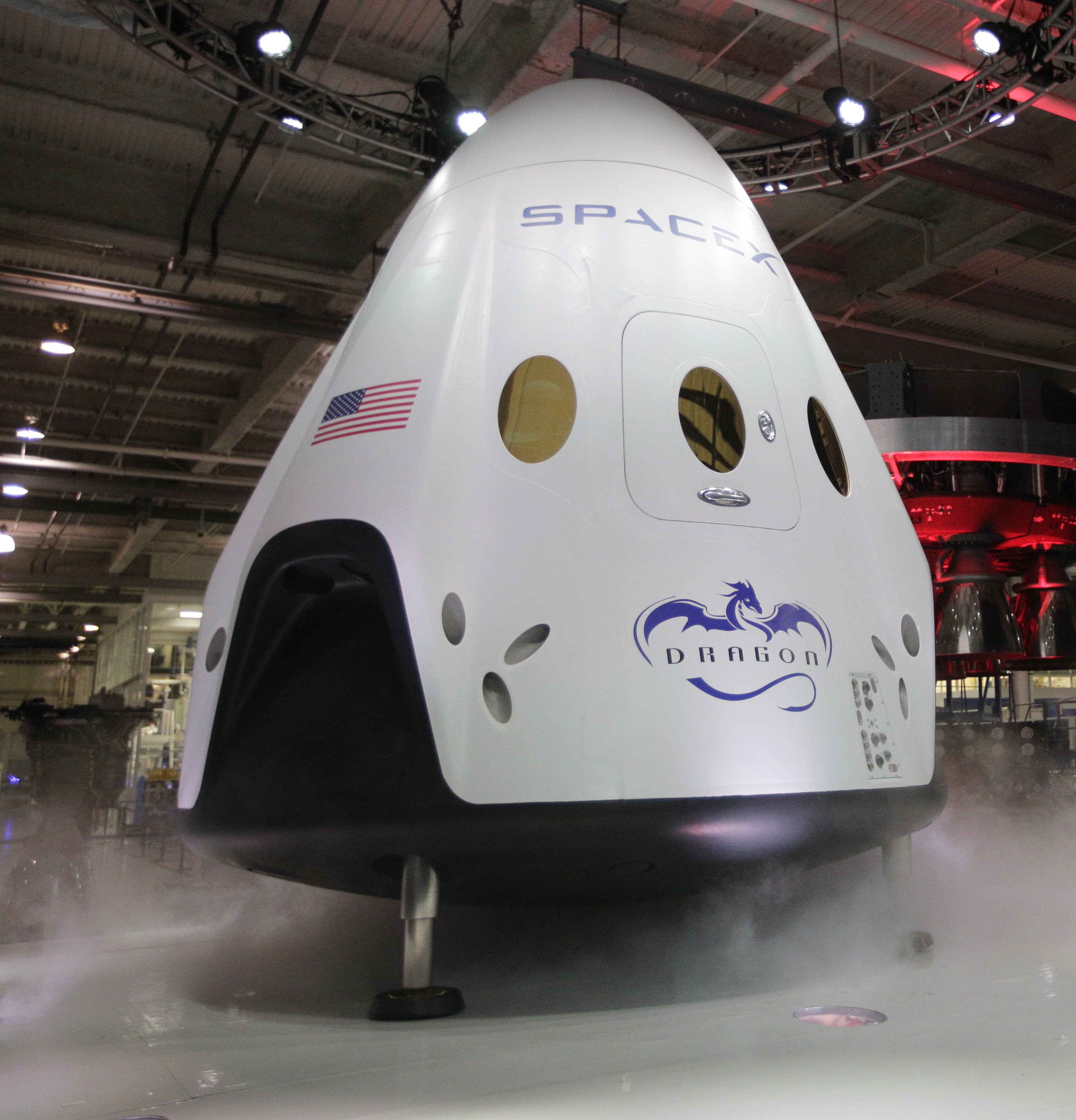
Space cabs: Boeing, SpaceX to ferry astronauts to space station
Boeing Co. and Elon Musk’s Space Exploration Technologies Corp. (SpaceX) will split as much as $6.8 billion in federal funding to help the U.S. resume manned missions and end its dependence on Russian rockets. The contract to ferry astronauts to the International Space Station will pay a maximum of $4.2 billion to Boeing and $2.6 billion to closely held SpaceX. The award caps a competition for the right to build the first U.S. manned craft since NASA retired the shuttle fleet in 2011. In 2017, Boeing and SpaceX craft would replace the space agency’s sole use of Russia’s Soyuz rockets to get people to the station, an arrangement that costs about $70 million a seat and is entangled in tensions over the crisis in Ukraine.
It’s entirely possible that we wake up one day and the Russians say, ‘We’re not taking your astronauts up anymore.” NASA’s anticipating this possibility. That’s why they want to move as quickly as possible with this program.
Marco Caceres, director of space studies at Virginia-based consultant Teal Group
NASA is charting a new direction 45 years after sending humans to the moon, looking to private industry for human missions near Earth with reusable craft while focusing on far-off trips such as Mars. The space agency is preparing the first rockets to take humans beyond low-Earth orbit in four decades. Boeing and SpaceX may each conduct as many as six missions as part of the Commercial Crew Transportation Capability contract, NASA said. Payments will depend on the contractors achieving five milestones to be set by the agency before the spacecraft are certified as safe for human flight.
Deeply honored and appreciative of the trust that @NASA has placed in @SpaceX for the future of human spaceflight.
SpaceX’s Elon Musk, in a tweet

Science spacex